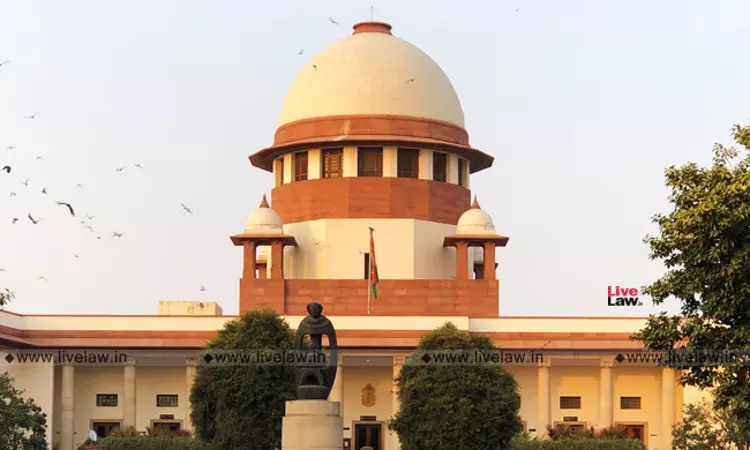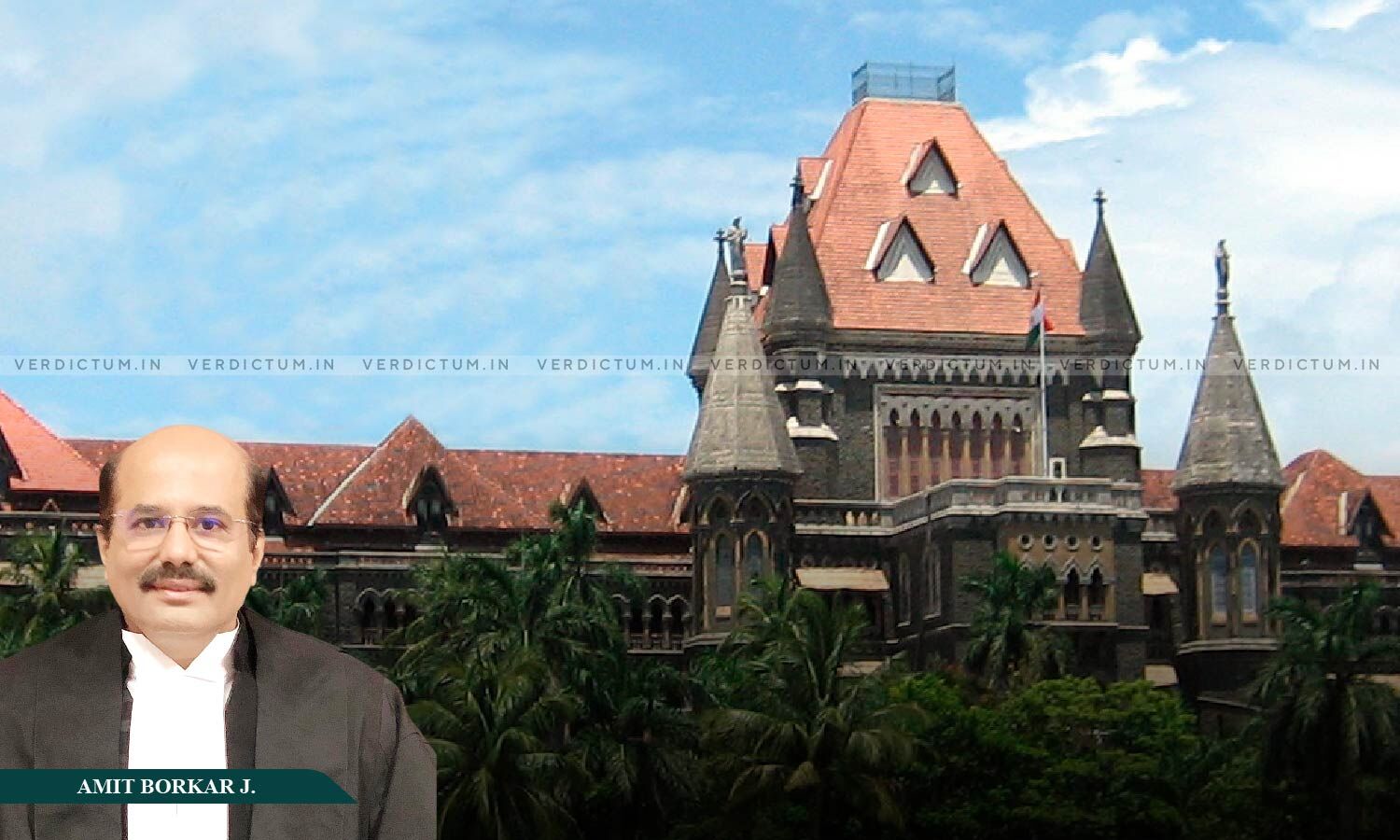Allahabad HC Quashes Licence Cancellation Of Marion Biotech In Uzbekistan Syrup Death Case

Thank you for reading this post, don’t forget to subscribe!
The Allahabad High Court has set aside the licence cancellation of Marion Biotech after 15 child deaths in Uzbekistan. The court criticised Indian authorities for relying on a foreign court’s judgment.
Prayagraj: On June 14, the Allahabad High Court has cancelled the order that had earlier revoked the drug manufacturing licence of Marion Biotech Private Limited.
The company’s licence was cancelled in 2023 following the death of around 15 children in Samarkand, Uzbekistan, who had allegedly consumed a syrup made by the firm.
Justice Dinesh Pathak passed the judgment while hearing a writ petition filed by M/s Marion Biotech Private Limited. The court observed that the Indian authorities had wrongly relied on a foreign judgment to justify their action.
The judge said he was
“surprised that the Indian authorities are trying to validate their proceedings on the basis of the judgment passed by the Supreme Court of Republic of Uzbekistan.”
The court was dealing with an order dated October 4, 2023, passed by the reviewing authority. This order had directed the company to submit certified copies of the judgments delivered by various courts in Uzbekistan and to submit a report to the Drugs Licensing and Controlling Authority, Uttar Pradesh, as well as the Drug Controller General of India, after carrying out the required corrective and preventive measures.
Quashing this order, Justice Pathak held that the process adopted by the Indian authorities was not legally sustainable.
ALSO READ: EXCLUSIVE | CJI Chandrachud Meets Uzbekistan’s SC Chief Justice in Tashkent
He found fault with relying on foreign court rulings in administrative proceedings in India without any legal backing.
The High Court’s decision gives relief to the Noida-based drug manufacturer, whose image and operations suffered after the international controversy.
The deaths in Uzbekistan had attracted global criticism, and the Indian government was under pressure to act swiftly.
The court noted that such actions by the authorities must be based on domestic laws and evidence, rather than judgments passed by courts in foreign countries.
The judge did not deny the seriousness of the issue but emphasised the need for proper legal procedures.
The ruling has highlighted key concerns regarding administrative fairness and jurisdiction in cases involving cross-border allegations.
It also signals a warning to authorities not to bypass Indian legal standards while reacting to international developments.
This judgment is expected to impact ongoing investigations and may affect how Indian regulators handle cases involving Indian companies accused of wrongdoing abroad.
Click Here to Read Our Reports on Ex_CJI Sanjeev Khanna






